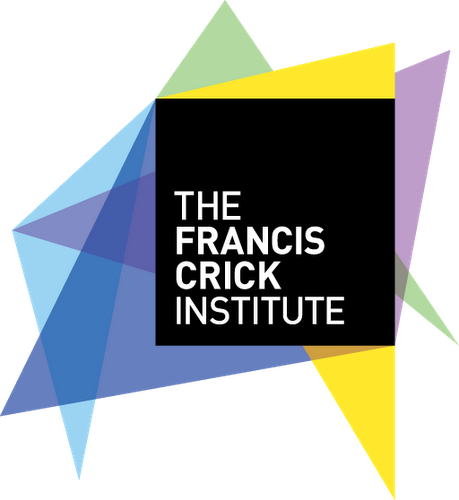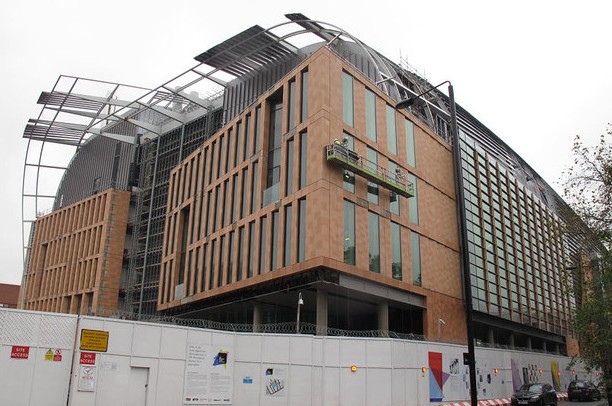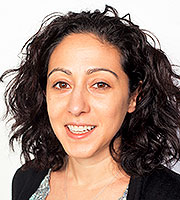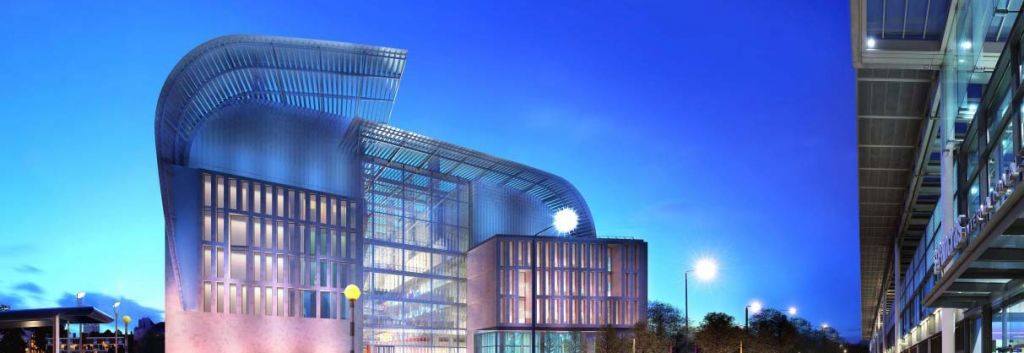The Francis Crick Institute from London has announced its application to conduct non-clinical purpose research on human embryos.
 The Francis Crick Institute is a cutting-edge collaboration of the UK’s leading medical research organisations: the Medical Research Council, Cancer Research UK, various London academic institutions and the Wellcome Trust. Currently still under construction, it is based in the Euston area and receives an annual budget of £100M as the largest biomed research base in Europe.
The Francis Crick Institute is a cutting-edge collaboration of the UK’s leading medical research organisations: the Medical Research Council, Cancer Research UK, various London academic institutions and the Wellcome Trust. Currently still under construction, it is based in the Euston area and receives an annual budget of £100M as the largest biomed research base in Europe.
The institute has now announced they are applying to the Human Fertilization and Embryology Authority (HFEA) for permission to start research on human embryos. The proposal allows the institute to use gene-editing techniques such as CRISPR/Cas9 (the way forward in gene-editing techniques) on human embryos up to the age of 2 weeks. This would allow them to make cutting-edge advances in stem-cell research and medicine, which cannot be accomplished in murine models alone.

This petition comes after a controversial statement made on September 10th by the Hinxton Group, the international consortium which act as global advocates in stem cell research, with which the institute has deep ties. One member of the steering committee, Sarah Chan, also a research fellow at the University of Edinburgh aptly put it:
“Restricting research because of concerns that reproductive application is premature and dangerous will ensure that it remains forever premature and dangerous, for want of better knowledge.”
Since the embryos will be sourced from surplus in-vitro fertilization (IVF) products, there is a clear distinction between the embryos which will be used for research and those that go on to develop into a fetus.

In addition, they are capped at such an early-stage of development (14 days – i.e. Carnegie’s Stage 6 in Human Development) that the embryonic mass is mostly constituted of stem-cells, and not actually at all fetus-like.
If permitted to go ahead, Dr Kathy Niakan will lead the research team which hopes that testing genes using transfection and gene-editing techniques (as already approved under the HFE Act 2008) such as CRISPR will allow a much greater depth of understanding in human embryology.
This could be a major advance forward in understanding how healthy human embryos develop, with a great potential in the field of stem-cell research.





